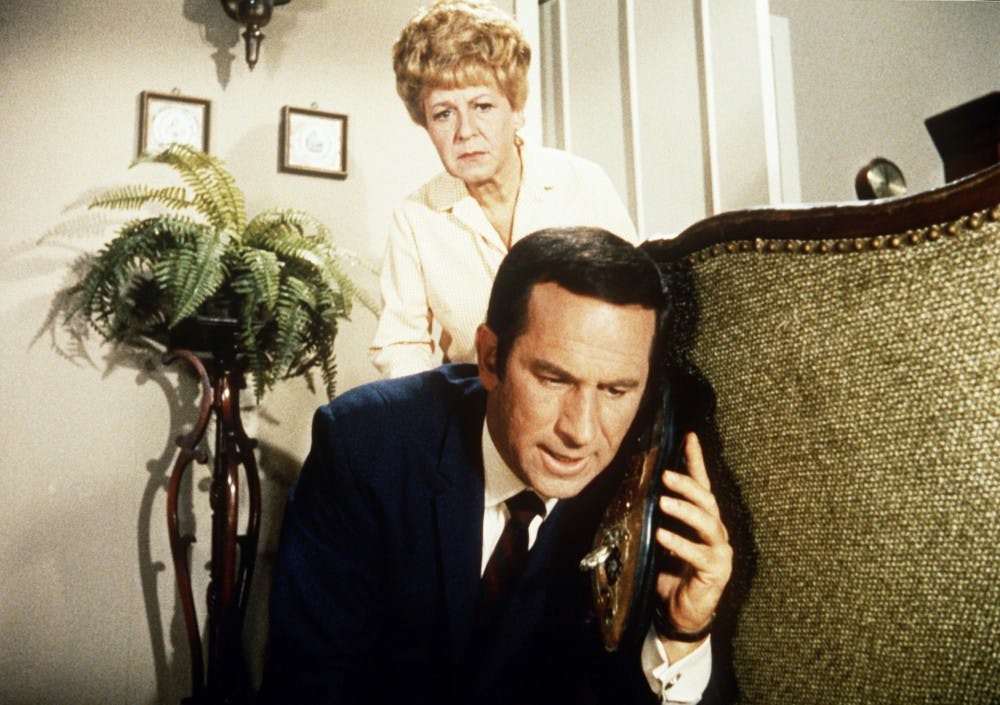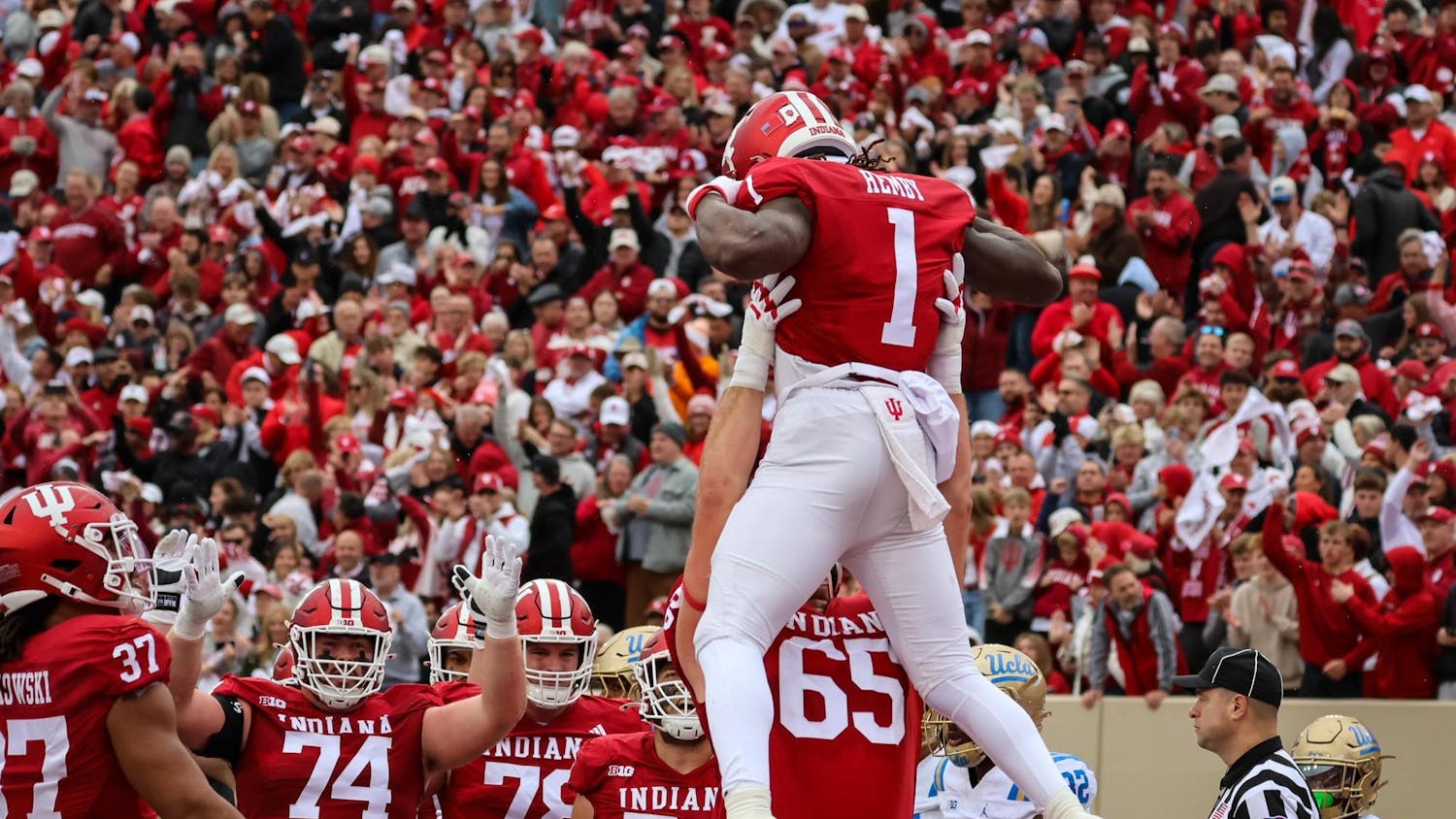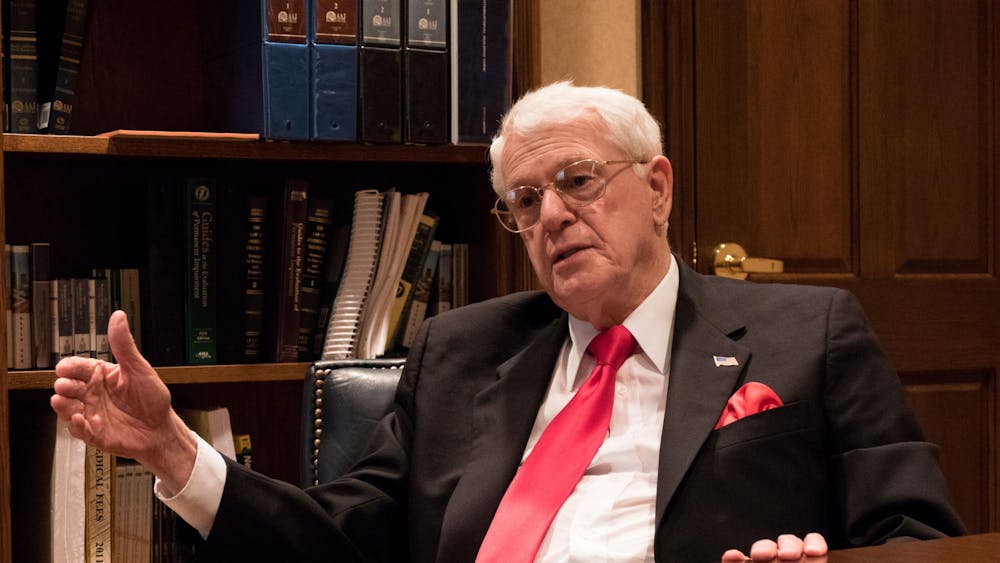During the Cold War, the U.S. and the USSR were pitted against each other by thorny ideological divides. Citizens of these countires lived in constant fear they’d wake up and find themselves blown to smithereens by a nuclear bomb.
Naturally, movies and TV caught on and audiences became entranced with the world of espionage and international intrigue. But it was the comedies of this era that poked fun at the Cold War and gave people an escape from the everyday anxiety that tainted their day-to-day lives.
"Get Smart," the spy sitcom that aired from 1965 to 1970, was particularly adept at this. It followed the adventures of bumbling Maxwell Smart, Agent 86, and capable female Agent 99 of CONTROL, a secret agency dedicated to fighting international organization of evil CHAOS.
The show’s Emmy-award winning five seasons not only introduced beloved catch phrases into American culture, such as, “Sorry about that Chief,” and, “Would you believe,” but it served as the definitive parody of the era’s spy genre.
Noteworthy was the show’s ability to spoof the bipolarity of the Cold War – good versus evil, “them” versus “us” – without falling down the rabbit hole of moral relativism we can never seem to avoid today.
“One, Two, Three" is far more bawdy and political.
Directed by Billy Wilder, the 1961 film follows James Cagney as a Coca-Cola executive in West Berlin who must care for his American boss’s daughter, Scarlett, while she visits Berlin to soak up culture. While in East Berlin, she marries a young communist named Otto, whom Cagney must find out how to convert to Western culture.
Cagney and his co-stars deliver a non-stop flood of one-liners such as “Any world that can produce the Taj Mahal, Shakespeare and striped tooth paste can’t be all bad,” in ways few, if any, modern Hollywood actors could pull off.
The movie also mercilessly spoofs heel-clicking German obstinacy and Soviet propaganda. The movie's biggest joke is to show Germany, milled in a troubled, aristocratic past, confronted by Western liberal reform.
It makes fun of the old European aristocracy through Count Waldemar von Droste-Schattenburg, a descendant from an ancient family now reduced to scrubbing toilets.
The film even foreshadows the Cuban missile crisis when a Russian official quips about Russia's trade agreement with Cuba: "They send us cigars. We send them rockets." Cagney tries a cigar and notes that they're pretty crummy. The Russian responds saying, "We send them pretty crummy rockets."
The communists in the film are either slimy old bureaucrats lusting after Cagney's secretary or dirty young upstarts like Otto, who think blindly repeating communist and branding all westerners "imperialists" elevates them above those who earn a living through the free market.
It's no wonder Finland banned the film from 1962 to 1986 for fear it would harm their relationship with the Soviets.
In the film, Cagney is no moral Prince, but he shows the failings of the Soviet communist system as compared to capitalism and democracy. At the very least, the Cold War gave Hollywood the moral gumption to stand up for American ideals without shame.
In "The Russians Are Coming, The Russians Are Coming," a sightseeing Russian commander, played by Alan Arkin, accidentally runs his submarine aground off the coast of a sleepy fictional island, Glouchester, in New England. In their efforts to find a boat to dislodge their submarine, they scare Glouchester’s residents into a paranoid frenzy that almost triggers World War III.
It was not an easy film to make at the time, and director Norman Jewison was called a communist for reaching out to Russia to supply actors and a submarine when the US navy refused to provide one. Barred by the US government from doing so, the studio built its own submarine.
Much of the movie is typical '60s farce, but it has undeniably poignant moments too. One example is when one of the lead American characters, who spends much of the chaffed by his son for being too soft on the “commies,” shoots at Arkin's character in a paranoid frenzy, before realizing with horror what prejudice has brought him too.
The film’s final stand-off between the townspeople and the Russians, either side assured destruction should they attack, is hauntingly evocative of the world that made the Cold War.
Indeed, the film was one of the few of its time to portray Russians in a positive light.
Of course, the danger of that is making light of the atrocities committed by the Soviet regime.
But regardless, the film became highly influential in Washington and Moscow. In a documentary, Jewison notes this was one of the few films to be in the Congressional record, and Jewison was invited to Moscow for a screening at the Kremlin. The film's heartfelt resolution, in which both Russians and Americans work together to save a little boy, brought high-ranking Russians to tears.
In times of tension, sometimes the best friend and cultural ambassador you can have is a comedy.






